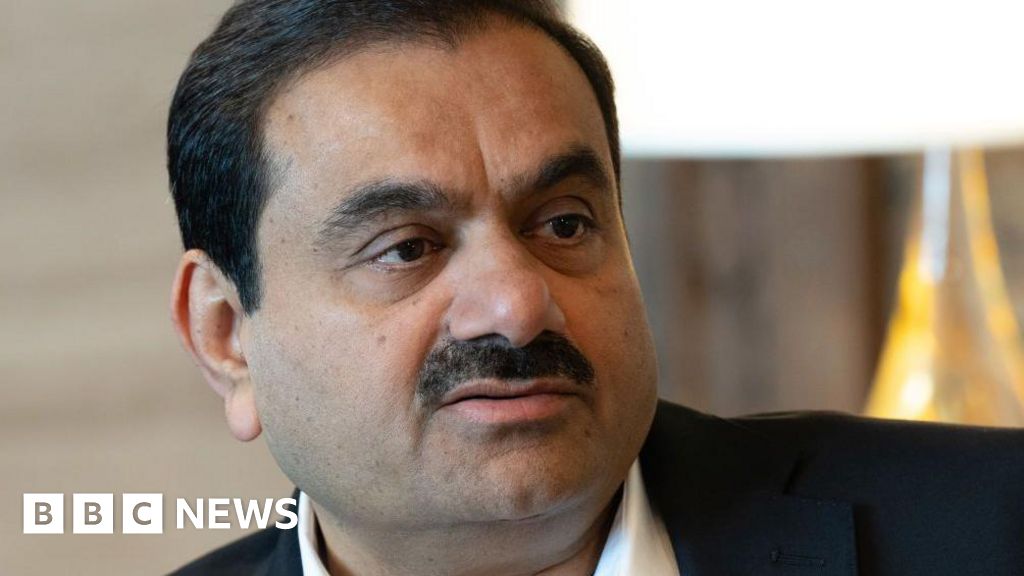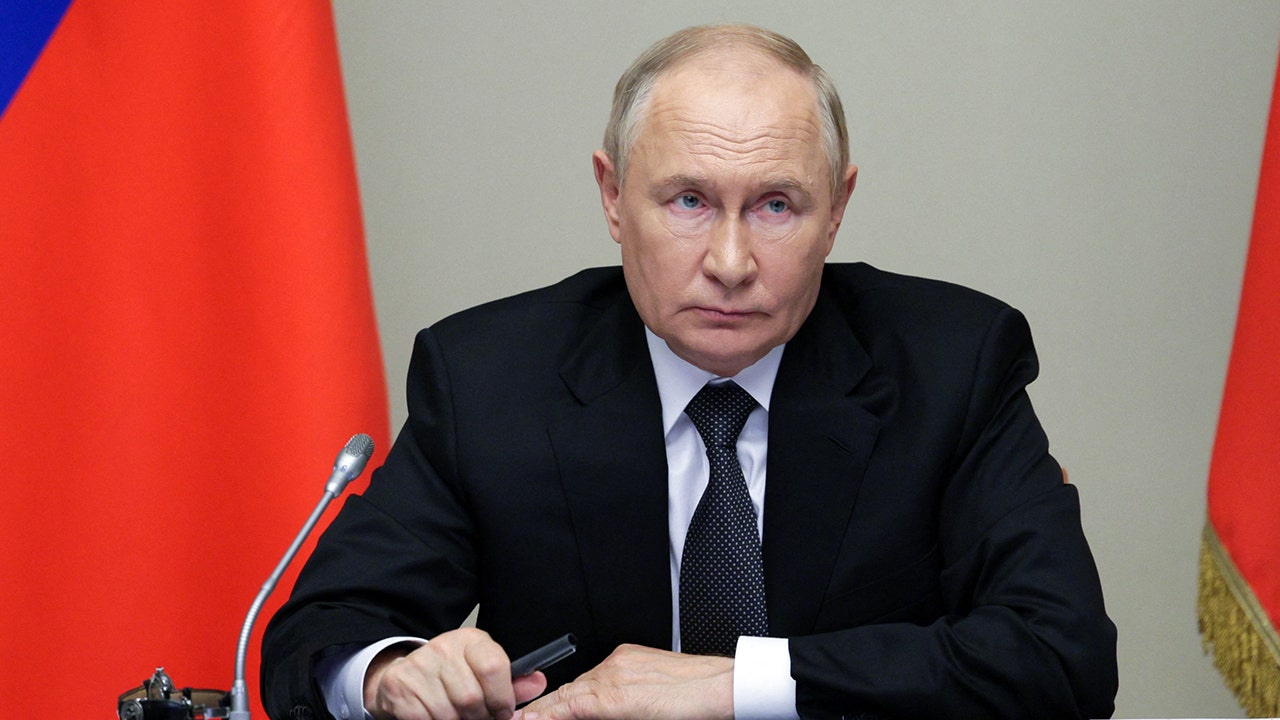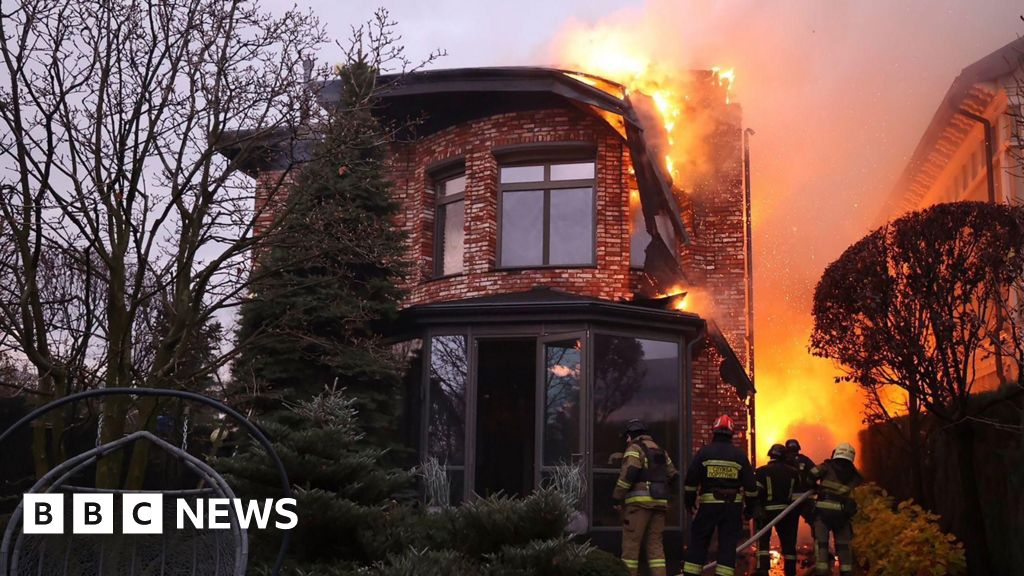World
Hamas accepts US proposal on talks over Israeli hostages, Hamas source says

DUBAI/CAIRO, July 6 (Reuters) – Hamas has accepted a U.S. proposal to begin talks on releasing Israeli hostages, including soldiers and men, 16 days after the first phase of an agreement aimed at ending the Gaza war, a senior Hamas source told Reuters on Saturday.
The militant Islamist group has dropped a demand that Israel first commit to a permanent ceasefire before signing the agreement, and would allow negotiations to achieve that throughout the six-week first phase, the source told Reuters on condition of anonymity because the talks are private.
A Palestinian official close to the internationally mediated peace efforts had said the proposal could lead to a framework agreement if embraced by Israel and would end the nine-month-old war between Israel and Hamas in Gaza.
A source in Israel’s negotiating team, speaking on condition of anonymity, said on Friday there was now a real chance of achieving agreement. That was in sharp contrast to past instances in the nine-month-old war in Gaza, when Israel said conditions attached by Hamas were unacceptable.
A spokesperson for Israeli Prime Minister Benjamin Netanyahu did not immediately respond to a request for comment on Saturday, the Jewish Sabbath. On Friday his office said talks would continue next week and emphasised that gaps between the sides still remained.
The conflict has claimed the lives of more than 38,000 Palestinians, according to Gaza health officials, since Hamas attacked southern Israeli cities on Oct. 7, killing 1,200 people and taking some 250 hostages, according to official Israeli figures.
The new proposal ensures that mediators would guarantee a temporary ceasefire, aid delivery and the withdrawal of Israeli troops as long as indirect talks continue to implement the second phase of the agreement, the Hamas source said.
Efforts to secure a ceasefire and hostage release in Gaza have intensified over the past few days with active shuttle diplomacy among Washington, Israel and Qatar, which is leading mediation efforts from Doha, where the exiled Hamas leadership is based.
A regional source said the U.S. administration was trying hard to secure a deal before the presidential election in November.
Netanyahu said on Friday that the head of Israel’s Mossad intelligence agency had returned from an initial meeting with mediators in Qatar and that negotiations would continue next week.
Fighting rages
Meanwhile, Israeli forces stepped up military strikes across the enclave, killing at least 29 Palestinians in the past 24 hours, and wounding 100 others, the territory’s health officials said.
Among those killed in separate air strikes were five local journalists, raising the death toll of journalists since Oct 7 to 158, according to the Hamas-led Gaza government media office.
Israeli forces, which have deepened their incursions into Rafah, near the border with Egypt, killed four Palestinian policemen and wounded eight others, in an air strike on their vehicle on Saturday, health officials said.
A statement issued by the Hamas-run interior ministry said the four included Fares Abdel-Al, the head of the police force in western Rafah neighbourhood of Tel Al-Sultan.
The Israeli military said forces continued “intelligence-base operations” in Rafah, destroyed several underground structures, seized weapons and equipment, and killed several Palestinian gunmen.
Israel said its operations in Rafah aimed to eradicate the last Hamas armed wing battalions.
In the central Al-Nuseirat camp, one of the enclave’s eight historic refugee camps, an Israeli air strike on a house killed 10 Palestinians, medics said.
The Israeli military said it eliminated a Hamas rocket cell that operated from inside a humanitarian-designated area. It said it carried out a precise strike after taking measures to ensure civilians were unharmed. Hamas denies Israeli accusations it uses civilian properties for military purposes.
The armed wings of Hamas and the Islamic Jihad said fighters attacked Israeli forces in several areas of the enclave by anti-tank rockets and mortar bombs.
(Reporting and writing by Samia Nakhoul and Muhammad Al Gebaly and Nidal al-Mughrabi; Additional reporting by Maayan Lubell and Emily Rose.)








